After months of low inflation and even temporary deflation in April this year, according to official national statistics, the trend abruptly reversed. On July 15, literally days after Bulgaria received a green light from Brussels for its membership in the eurozone, the National Statistical Institute came out with data that the annual inflation at the end of June was 4.4% - i.e. a record high for the past two years.
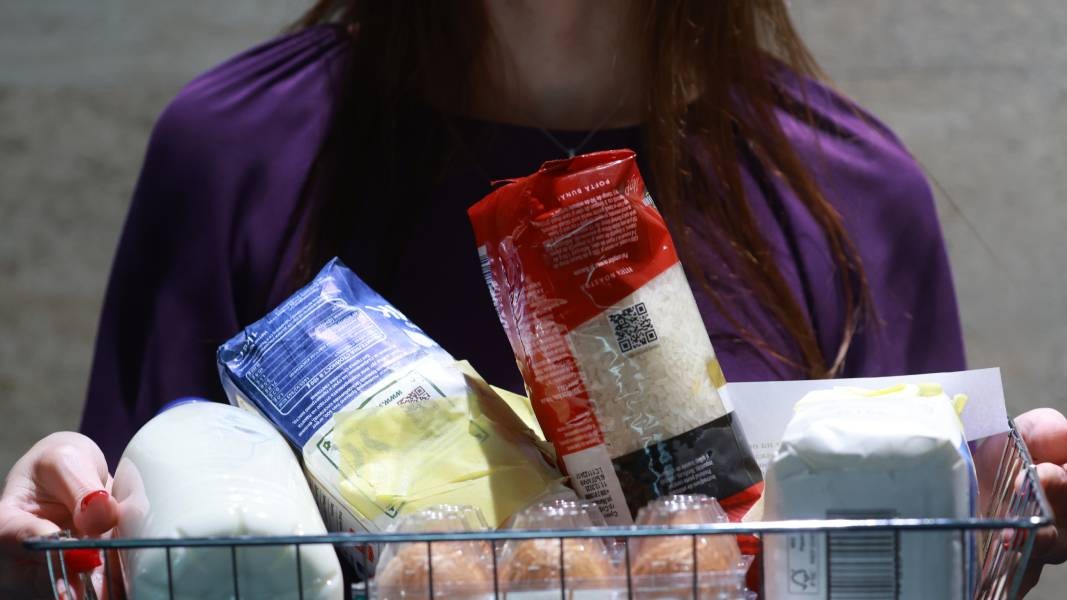
But let's look at the case from another perspective - does the mere expectation of price increases make traders raise the value of what we pay as consumers?
Actually, the term is "economy of expectations" and is one of the basic rules in economic science. That is, processes are dictated by what people - both consumers and traders - expect to happen. In addition to the current case of price increases, this also applies to cases when consumers, for example, expect a deterioration in the economic situation, i.e. they start to save and consume less, which actually leads to deterioration in the situation due to reduced consumption, respectively, lower economic activity. When moods and expectations are positive - then a peak in consumption follows.
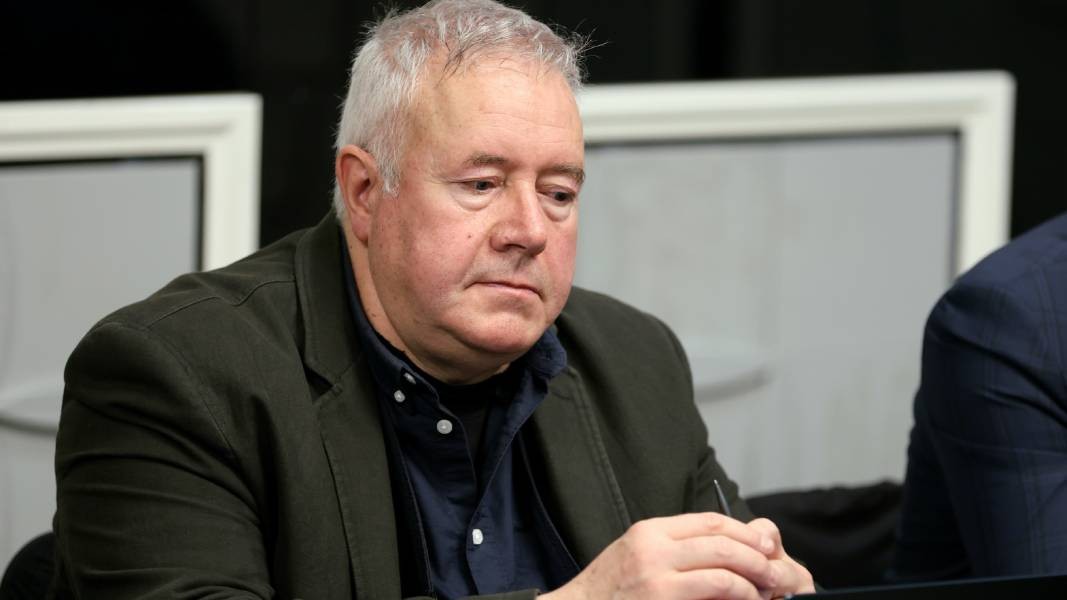
The process is already clearly noticeable in our country, social anthropologist Haralan Alexandrov says.
"It is absolutely certain that there is such an effect. This is a self-fulfilling prophecy, a well-known phenomenon not only in the economic sphere. According to me, there is no doubt that the mass expectations for prices increases are already increasing prices. If you are a retailer and you have some stocks in the warehouse, a completely normal behavior is to start hiding them or raising prices with the belief that everyone else would do the same."
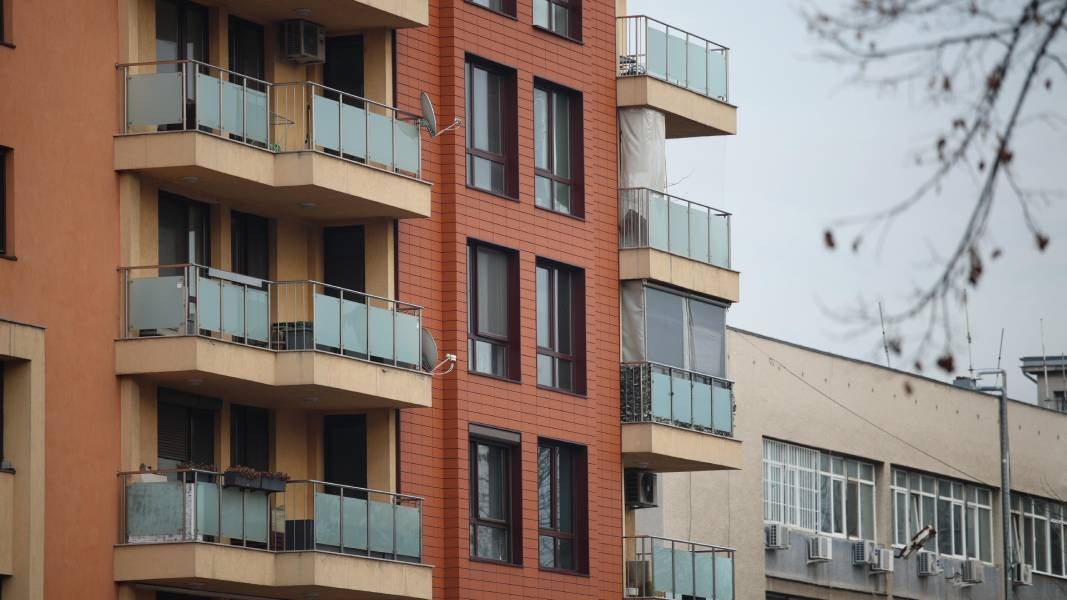
Mr. Alexandrov gives an example with the real estate prices, which, despite the "bubble" that has been talked about for years, have been rising more and more in recent months.
"In this sense, there is logic in state intervention, which is criticized from an ideal market position, but I think we have all become convinced that there is no such thing as a self-regulating market. Politics invades extremely powerfully and destructively in all spheres of life. It has become clear that market ‘rules’ are imposed from a position of power," the social anthropologist points out.
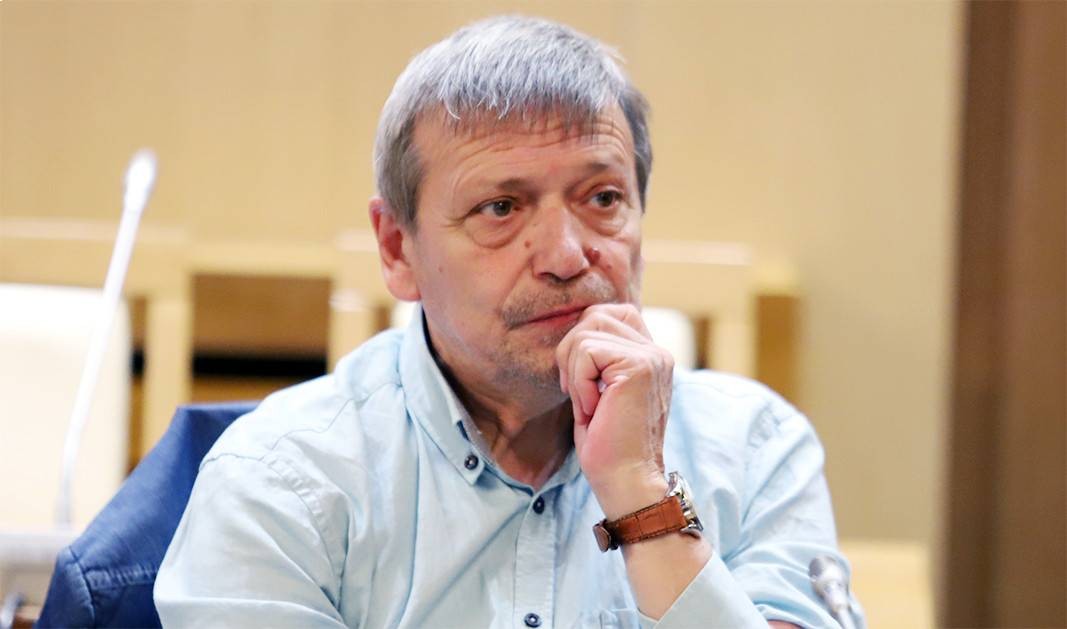
However, Krasen Stanchev, an economist, founder of the Institute for Market Economics, a lecturer at Sofia University, and MP in the Grand National Assembly in the period 1990-1991, holds a different opinion.
"Expectations are generated by what politicians say: ‘we expect prices to rise and that's why we will control speculation’. At the moment they say this and start making a law about control, people start raising prices. Imagine that you have to sell something and you know that they will come to check you whenever that moment comes. You will raise prices in advance and when they have to implement the Euro Adoption Law, no one will fine you for making a discount. So, this is basically the main factor for raising prices, if there is one at all", Stanchev told Radio Bulgaria and added that the upcoming introduction of the euro in no way contributes to inflation levels:

"The euro itself does not affect prices in any way. Because in the Bulgarian case, as in the Lithuanian, Estonian, Latvian - the lev is in the euro group (i.e. currency board).”
It is inadequate in modern conditions to think of a kind of law on speculation, the economist says.

According to sociologist Kancho Stoychev, wishful thinking, i.e. the expectation that something would happen, is a major factor in economic processes. In this case, however, this is not the main reason for rising prices.
"When it comes to the expectations for the euro - there is no need for psychology, as there are other economic mechanisms. The euro is not being introduced for the first time. We are just another case and a late case. The fact that politicians often lie is not something new, as that is their profession.”
He predicts that inflation will peak in the spring of 2026. That is why the state's intentions to control inflationary processes and attempts at speculation are completely reasonable and a practice accepted everywhere in Europe, according to Stoychev.
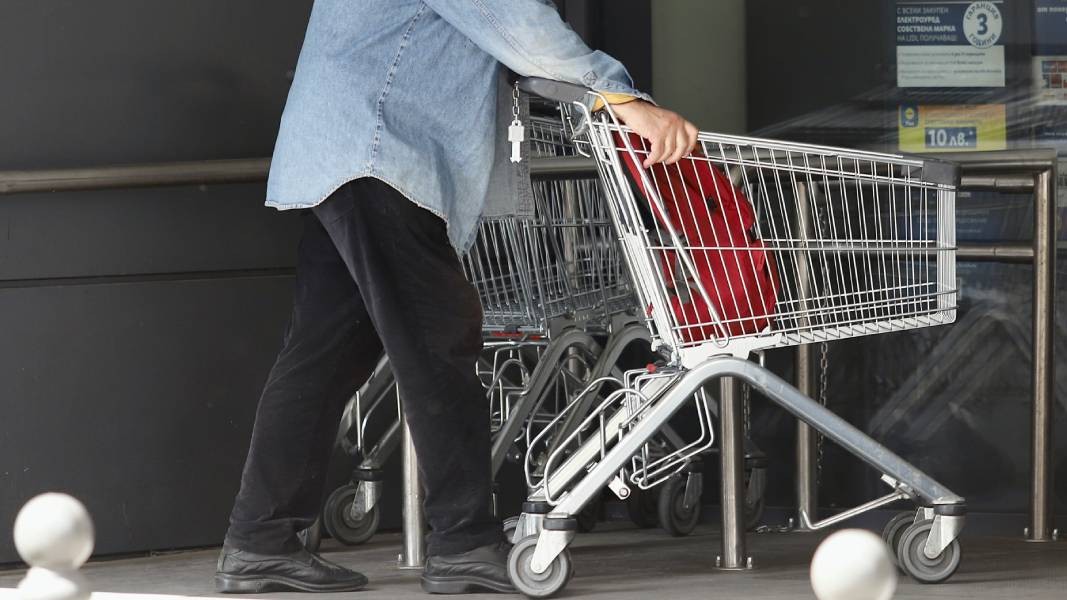
"Whether this will lead to social tension is difficult to predict, but more likely yes. This is because we are adopting the euro at a bad time. Europe is at a low point in its development and politically it is in a very serious crisis. Since it is absolutely clear that it cannot develop in this way, a general reform is necessary," the sociologist says. He also points out the "humiliating", according to him, agreement between the President of the EC Ursula Von der Leyen and the President of the US Donald Trump from a few days ago.
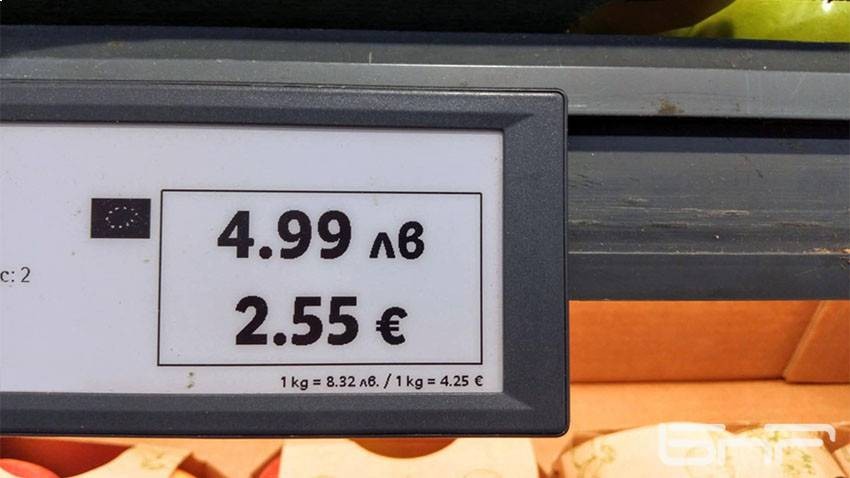
Ultimately, the big test of whether Bulgaria really meets the financial criteria of Brussels, but also of its own citizens, will be seen with the possible updating of the budget for the current 2025. According to experts, this would be no easy task.
Author: Ivan Gergov
Publication in English: Alexander Markov
Photos: iStock Photo, BGNES, BTA, BNR
The two largest trade unions in Bulgaria - the Confederation of Independent Trade Unions in Bulgaria and the Confederation of Trade Unions "Podkrepa" - are organizing a warning protest in front of the Council of Ministers building. It is planned for..
In view of the country's declining population, the Fiscal Council recommends that the government take savings measures in the 2026 state budget. The measures include: reducing the municipal administration by merging municipalities;..
No disruptions or price increases are expected on Bulgaria’s fuel market following the US sanctions imposed on Russian oil companies Rosneft and Lukoil, Bulgarian Petroleum and Gas Association Chairman Svetoslav Benchev told BTA. "For now, I..

+359 2 9336 661
